It's All A Damned Mess [UPDATE: CoS Pulled from Amazon]
The Cait Corrain absurdity is a microcosm of everything wrong with Tradpub™ . . . and no one will learn a thing from it.
UPDATE 12/19: It now appears that Cait Corrain’s Crown of Starlight has been pulled from Amazon’s US page. Listings still remain for UK site.
Last week, a suicide was committed. Or so many thought.
A young woman stood on the cusp of achieving her dream of becoming a published author. Not just any self-published author either, she’d been courted by an imprint long established in Science Fiction/Fantasy, Del Rey Books, now under the umbrella of the juggernaut Penguin-Random House.
Her debut novel, Crown of Sarlight, ‘reimagines’ the ancient Greek myth of Dionysus and Ariadne as a “cosmic romantasy” (in which King Minos “and his militarized death cultists deny Ariadne all bodily autonomy”—I kid you not). It seemed to be the stuff of any zoomer literary agent’s dreams, sure to tick all the boxes on their wish lists; the shallow queering of ancient source material, needless eroticization, modern snark, CoS had it all. Slated for release in May 2024, Corrain was getting heaps of advance praise from those who gatekept the Rainbow Path to sweet, precious mainstream validation.
Then, in a feat of chronic narcissism even I couldn’t have seen coming, she proceeded to cancel herself in a fashion I can only describe as a social suicide bombing.
You’re likely familiar with the details by now; it’s been all over the internet. I’m not writing this to rehash it all. I meant to, but something about the entire charade wouldn’t stop bothering me. We’ve all seen cancellations before. They’ve been a part of Life on the Internet since Justine Sacco’s little oopsie. Ditto sock account campaigns, review bombings, fake apologies, et al. So why did this strike me as different? Why was I stuck thinking about this entire surreal event, both repulsed by the spectacle while being unable to look away from it? What was it about this one that just . . wouldn’t . . . let go? As I was parsing through the timeline, it finally hit me:
It didn’t have to happen.
And in the end, nobody will have learned a damn thing.
Poison Tree, Poison Fruit
It’s tempting to lay the blame for all of this at the feet of a clearly antisocial individual whose worse instincts were made all the more easy to indulge with the tools social media offers at one’s fingertips.
After all, Corrain’s pattern of one-starring the books of those she apparently saw as rivals while bolstering her own via the use of sock accounts is about as spot-on for female aggression manifesting as reputation destruction as it gets.
Readers on X make the case that audiences aren’t necessarily a finite resource; that people who enjoy books in one particular vein will buy books from other authors in said vein. This certainly seems to ring true with various subgenres of sci-fi (Mil SciFi in particular), and doubly so in romance. Given that Crown of Starlight was something of a blend of the two makes it all the more probable that the people Corrain was attempting to push down weren’t necessarily competitors. This makes the damage done to herself and others even more tragically unnecessary.
However, another interesting perspective on all of this emerged, in particular one fascinating thread by X user Jean Rhys (@JeanRhys____): which points an accusing finger at the publishing industry itself:
Reacting to the article “When Writers Snap” by Michaela Makusha at The Bookseller (article loginwalled), Jean seems to speak from experience, saying that debut authors and big advances are a combination akin to booze and car keys, often with similar results, saying:
“New authors, especially those who get big advances for their debut confuse devotion to the book with devotion to them as artists / people. The publisher is only interested in the book. The author is a commodity to be used in selling the book.”
A first-time author who doesn’t have household name bankability is much less likely to earn out their advance, something the publisher then uses against them. Rhys continues: “. . . it gives the publisher justification to spend a whole lot less on the next book and to present healthy sales for a new author as poor ones. The author is then blamed for this.”
The gears of Tradpub, according to Rhys, are oiled with the blood, sweat and tears of inexperienced writers who are quick to sign exploitative contracts, sent forth with little to no promotion from the house itself, then tossed aside when their title doesn’t result in raining buckets of money. Rhys’ thread is short and savage, and well worth a read, but the final tweet tells of an especially dismal portent: the gears will indeed grind on.
“Why does the publishing industry seem sympathetic towards Corrain? Simple — the whole industry (from House to booksellers) is increasingly populated with staff just like her.”
Placation, Platitudes and Publishing
And here, in my humble opinion, lies the rub. The “people like her,” — who now dominate the decision making in the publishing industry—are overwhelmingly white, middle aged, liberal women. This slice of American demography is notoriously risk-averse, overly concerned with appearances and wholly unable to wrap its collective mind around what anyone besides themselves might want to read, never mind what makes money.
Think me a misogynist all you like, the data bear this out. Hell, Del Rey’s own actions bear this out, but I’ll get to them in a moment.
Back in 2005, bestselling thriller author Jason Pinter, then working as a literary agent, made a pitch for what he believed would be a surefire winner: a memoir about popular WWE wrestling superstar Chris Jericho. His editorial board, 75% of which were women, greeted him with blank stares. He brought in videos, action figures, posters and the like to show Jericho had a massive fan base ready to hear his deeper story. In the end, he was forced to make his case to one senior editor’s 15-year-old nephew, who thankfully loved it. A Lion’s Tale would eventually go on to be a New York Times bestseller.
Why the hard time? Because he was told “men don’t read.” Why do they think men don’t read? Because men don’t buy the books out there, most of which are aimed largely at, you guessed it, the ‘people like her’. So the fallacy wheel spins on, with no one seemingly bothered by the fact that half of a potential customer base is being left out in the cold. (Baen books is seemingly the sole exception to this: Larry Correia, appearing on the Tom Woods podcast in 2018, said of Toni Weisskopf: “I’m lucky. My publisher’s awesome. She doesn’t care. She publishes everybody, she publishes from me to Tom Kratman, who’s probably the most right-wing republican you’ll ever meet, all the way to Eric Flint, who’s a Trotskyite Communist.”)
For all of its constant preening about diversity and inclusion, mainstream publishing is largely run by middle-aged SJW women who push what middle-aged SJW women think is important, displaying little concern with the consumer wants of the unseemly ‘others’.
To draw once again from X, several screenshots alleging to be a “manuscript wishlist” of a modern agent went viral back in October, seeming to belong to someone named Keir who referred to themselves in the plural. The upshot of it was this: if you want to get published, crank out shallow homonormative fauxntasy tailored to niche designer sexual orientations and fanfic-tier anime ships. Behold xir’s works and despair:
Blake Carpenter, author of one of our Best of 2023 picks Deathbringer, confirmed the attitudes expressed above during his experience while querying:
“I was told the only reason the agent wouldn’t represent it was because of the color of my skin. If your pair of chromosomes and melanin levels aren’t what the agent wants, all the querying in the world won’t help you.”
This is the poisonous spring that flows out to every river and stream of the mainstream publishing ecosystem: despite the whole wobbling house of cards being kept up by a few major names, even golden geese like Brandon Sanderson can’t be kept happy, and are forced to strike out on their own so they can publish on their own terms.
The industry’s practice of taking advantage of a starry-eyed first time author’s hopes and dreams is bad enough; now even big names like John Scalzi and Jim Butcher can’t get decent cover art. #1 New York Times bestseller? Hugo Award Winner? Sorry cishet, the real premium art’s reserved for the The Wide Ones, a novel about a plus-sized space princess with three self-diagnosed mental illnesses who, while journeying with her found family, finds her true self (which is gay) as she embarks on a quest to spread wide-width wheelchair accessibility throughout the galaxy via an impassioned speech on the floor of the Galactic Senate, dismantaling the social constructs set up by the Wheelchair Industrial Complex in the process.
It’s been a cancer eroding away the industry for a very long time, and no one at any of the helms at the Big Five seem to know or care what the cure is.
Case in point, when the discovery of Corrain’s manipulation had finally made enough noise on social media, Del Rey announced that “they were aware of the ongoing discussion” surrounding the book and that Crown of Starlight “is no longer on our 2024 publishing schedule.” The Guardian confirmed that the books’ UK publisher, Daphne Press, claimed it was not publishing it or Corrain’s planned second book.
But had they?
Amazon’s UK site still has the book listed for release May 14, 2024. The US page has it listed for May 11, 2027. It could be a simple oversight; we’ll never know, and attempts by me to reach out to Del Rey’s Editor-in-Chief Tricia Narwani and Publisher Scott Shannon, along with Corrain’s now-ex agent Rebecca Podos have all gone unanswered. Given everything I’ve written up to this point however, it’s difficult to give Del Rey the benefit of the doubt that they aren’t just waiting for the storm to blow over so they can capitalize on the scandal later.
To be sure, Corrain shouldn’t be let off the hook too easily. Before she disappeared from X on December 12 and blocked the world (I’m blocked, despite being nowhere near her orbit), she offered a two page statement blaming everything from a slew of mental health issues to new meds, but at least seemed to unreservedly admit to and take responsibility for what she’d done (albeit likely too late to matter, and only after denial was no longer an option).
Will the two week intensive care facility she claims she’s checking into help? I hope so, sincerely. But not likely. The actions she took speak to a problem two weeks isn’t going to fix. That said, I do hope she manages to get better and attempts to repair the damage she’s done in a meaningful way.
We’re all responsible for how we handle the problems life throws at us. We’re also responsible for being able to survey the depth of the situations we get ourselves into. Cait Corrain brought this on herself, that’s true. But the fact that she never seemed to know that she was mere grist for the tradpub mill couldn’t have helped. If Corrain returns to the public eye again, perhaps fresh off some apology tour, and is tempted with another chance at mainstream publishing, will she act differently? Will Del Rey? I’m not optimistic.
No one will learn a damn thing.




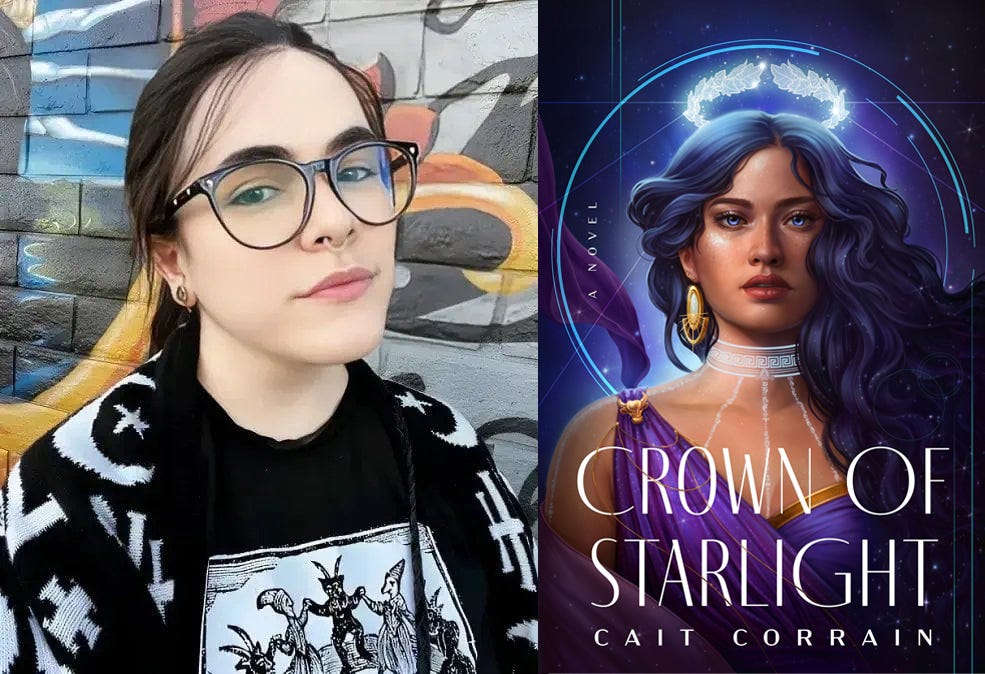
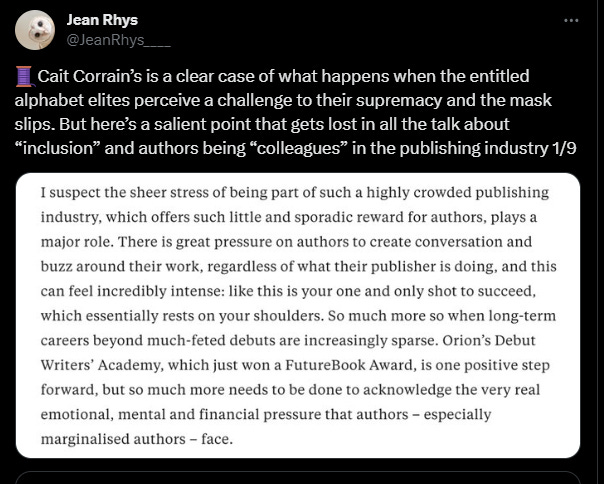
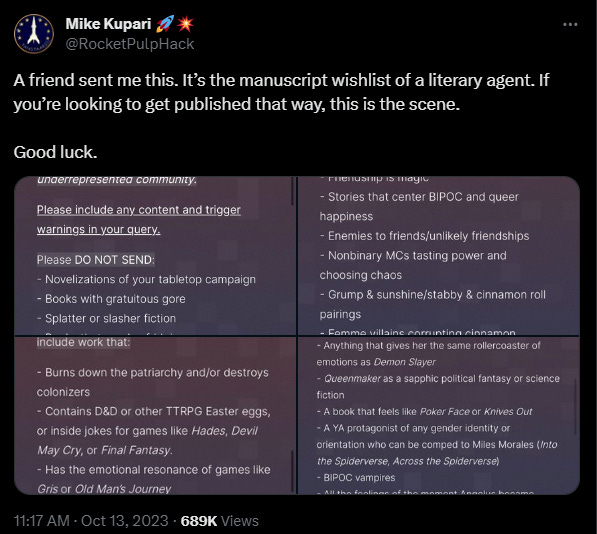
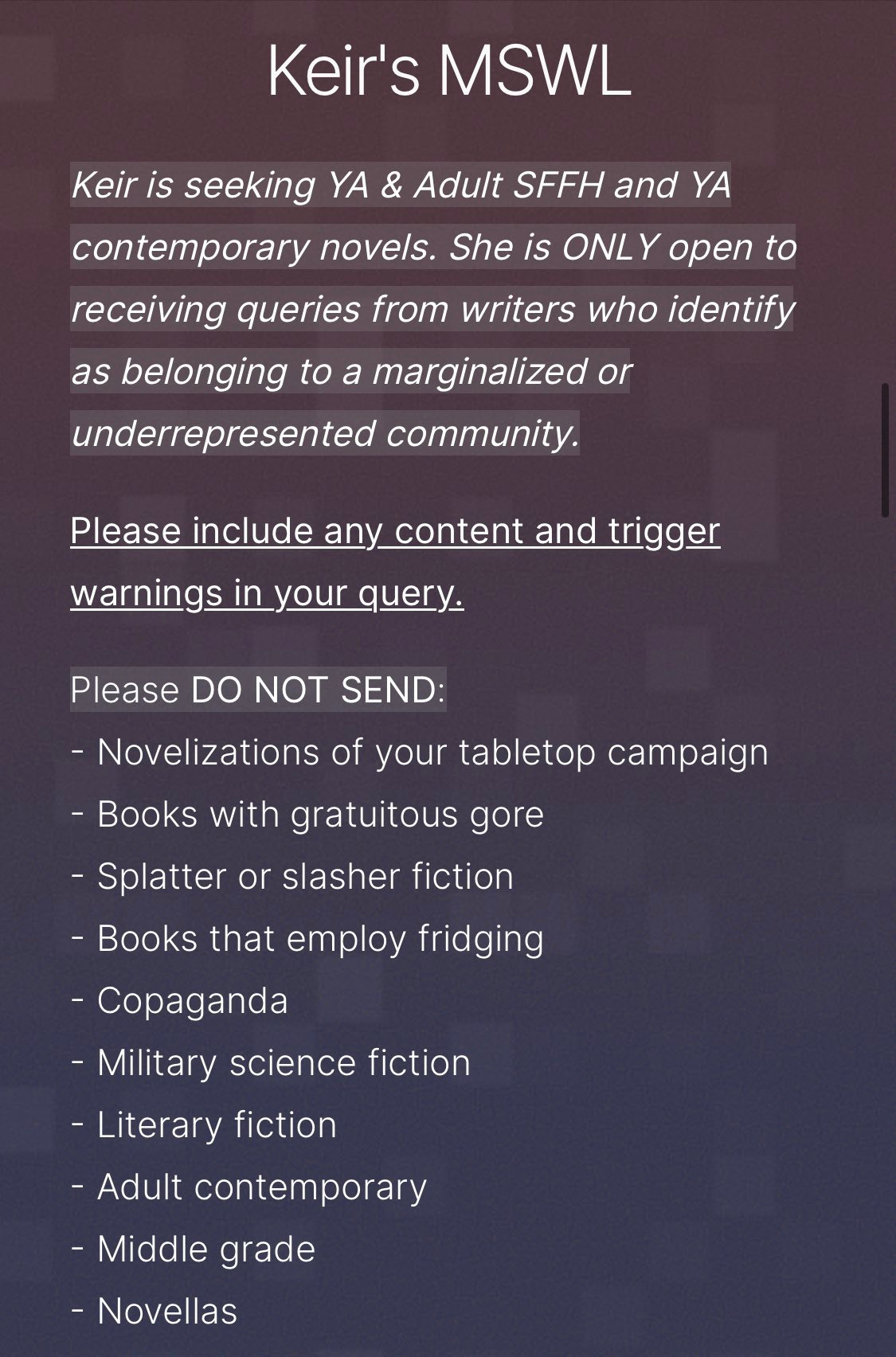
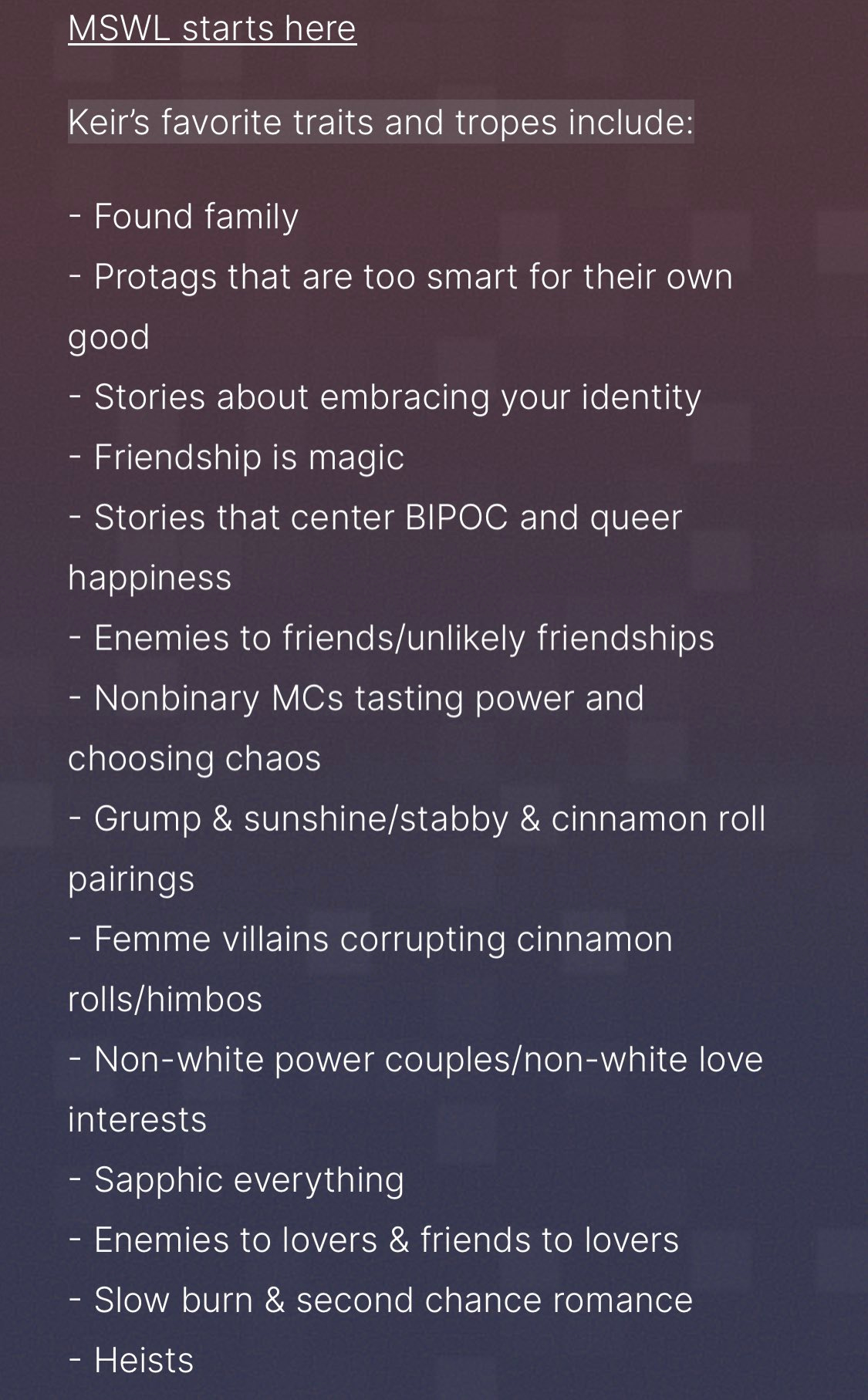
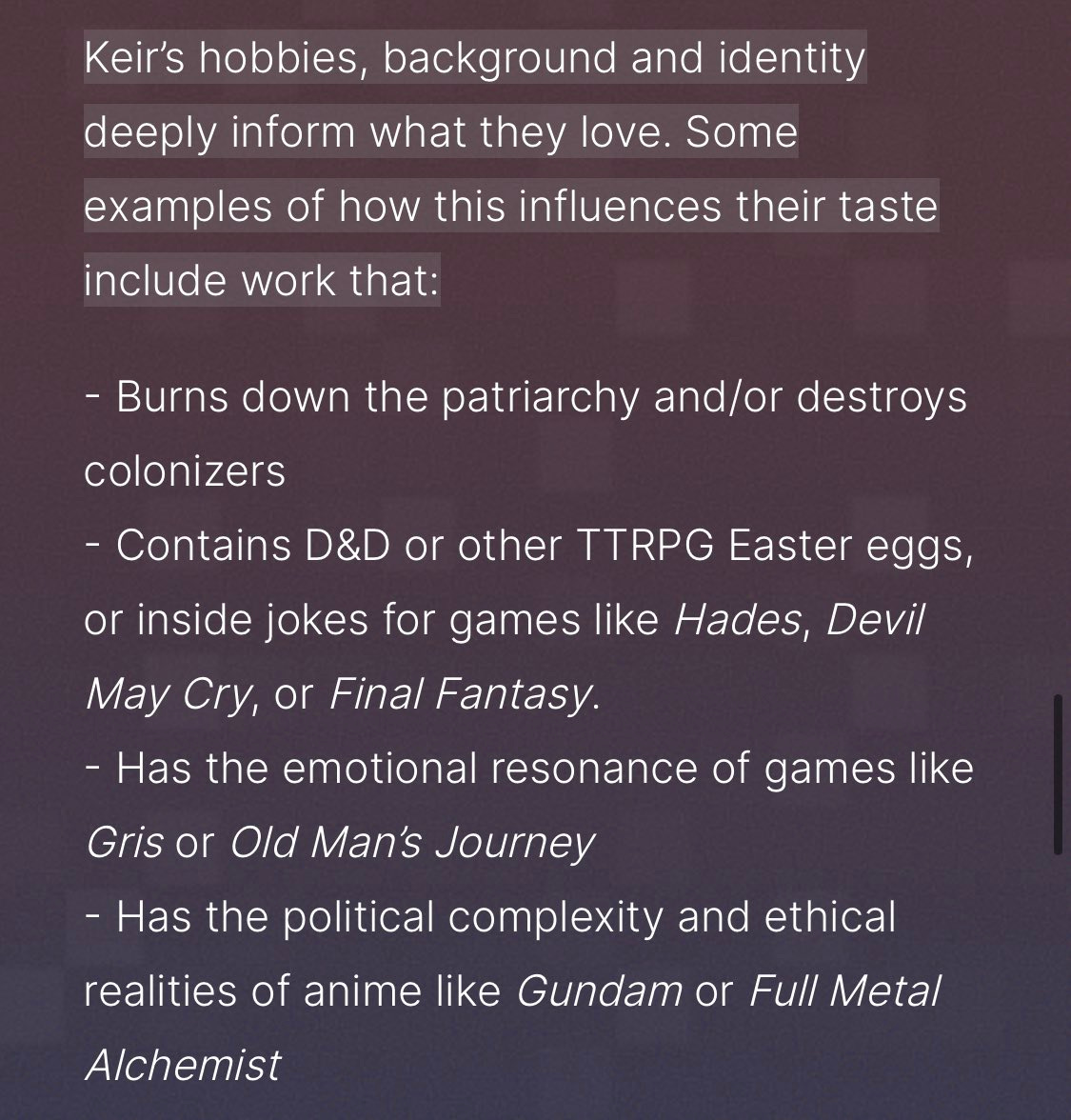
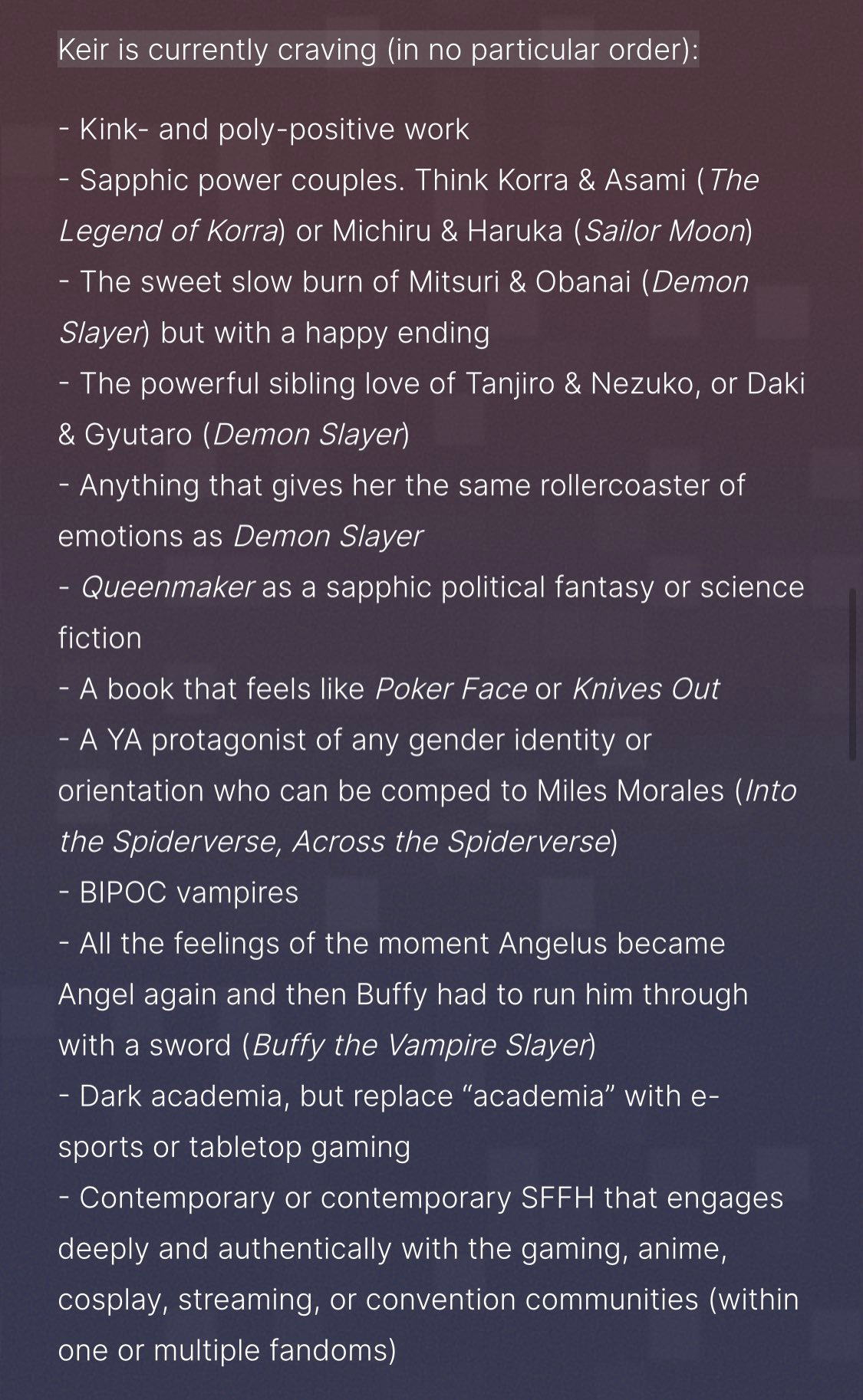

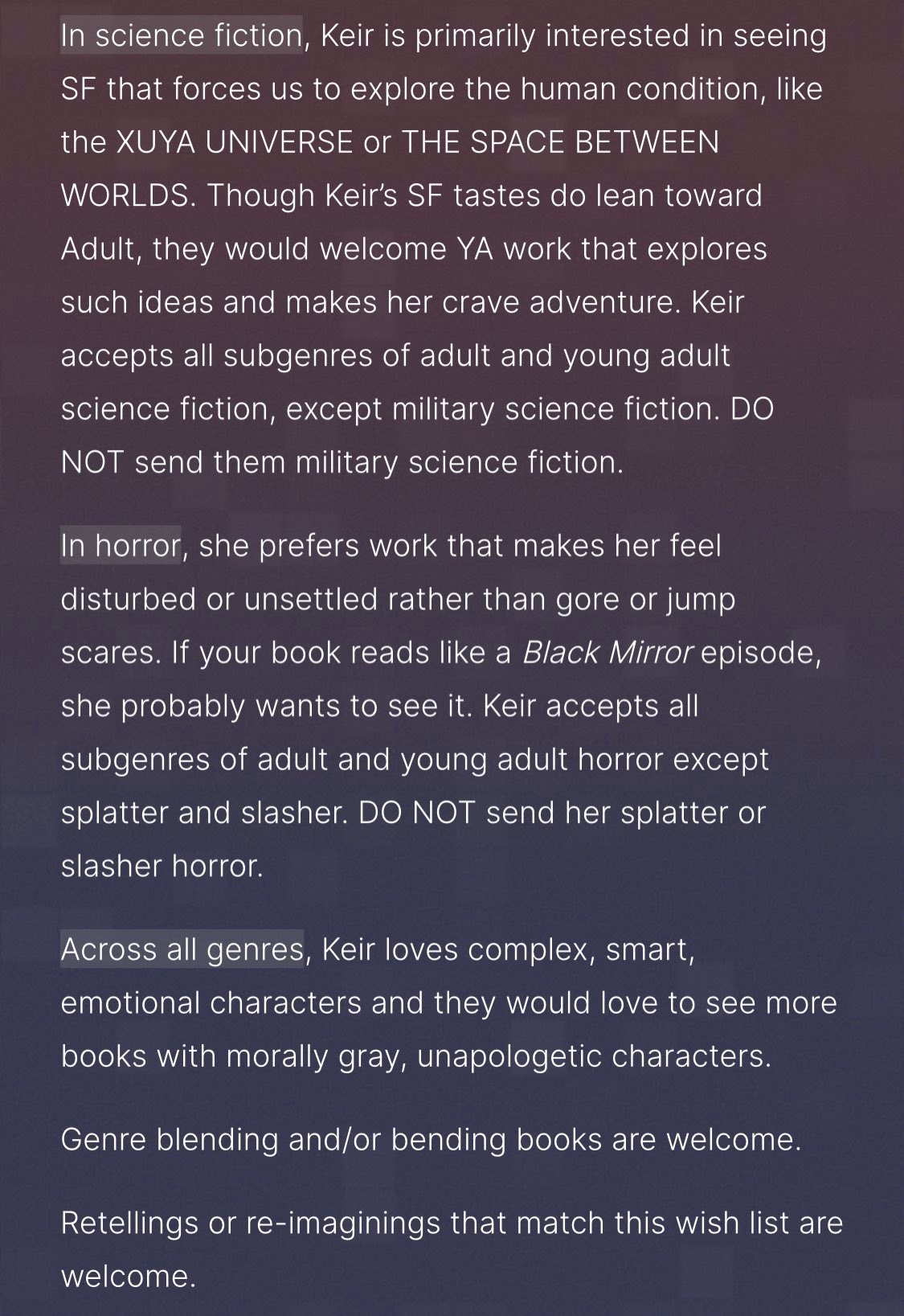

A well written and insightful piece, thank you for sharing it!
I believe this issue goes far beyond Corrain. The Propagandist Publishing Industry's absolute loathing of Ungovernable Readers is manifest doubly in their hatred of Ungovernable Indie Authors. How many new and rising Authors in the Indie Sphere have been targeted by Agents of the Industry? How many have had their careers ruined by coordinated harrassment campaigns by the same? Whether in-house or outsourced, Bots or Organic, we see waves of these poorly-written reviews, accusations of -isms, or vicious harassment each mirroring each other, scattered across the social media of Indie Authors at crucial junctures in their careers. Many quit, others are cancelled, some simply disappear, censored out of existence...
it is more than a campaign; Propagandist Publishers are waging war against Indie Authors. They hate our Freedom to write as we dare to write, to publish what they would silence, and they will do what it takes to stop us -
the first step towards protecting Freedom is to recognise those who would take it away.
(Edited for sp.)